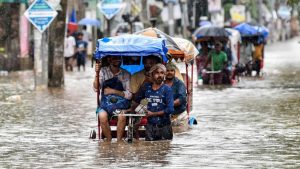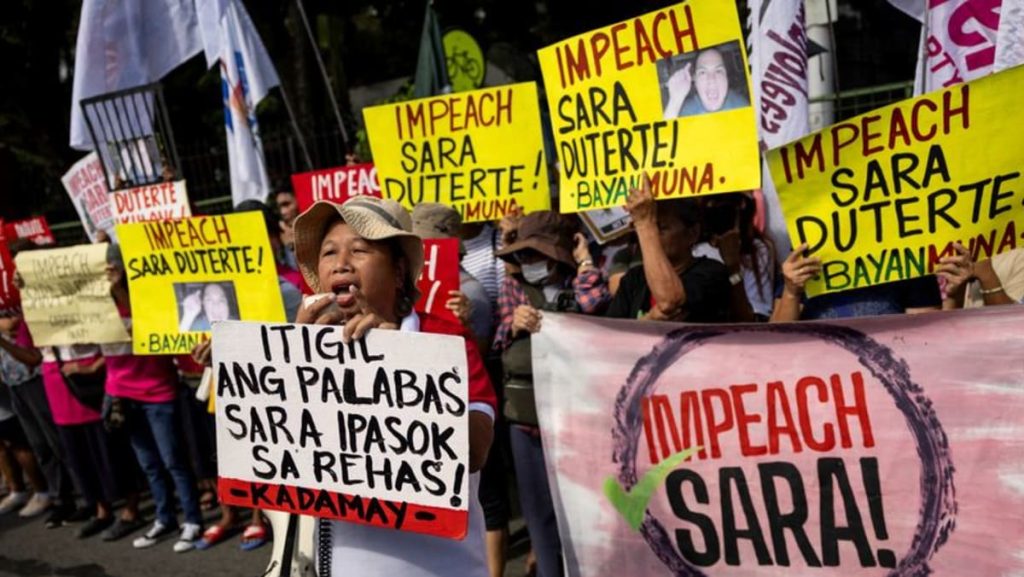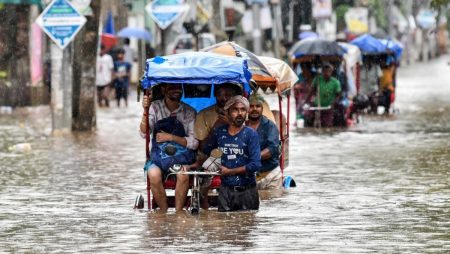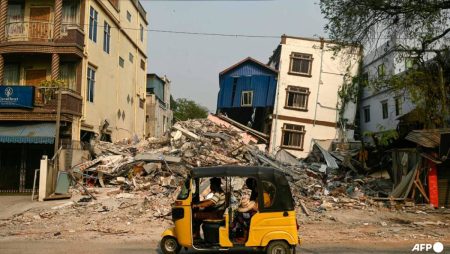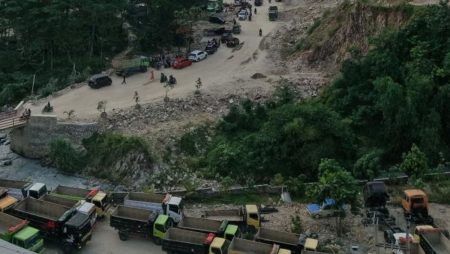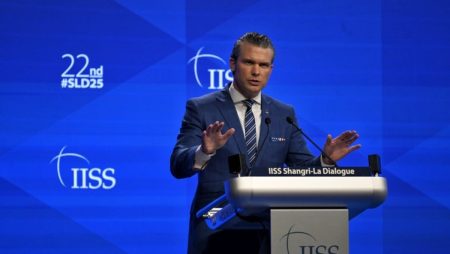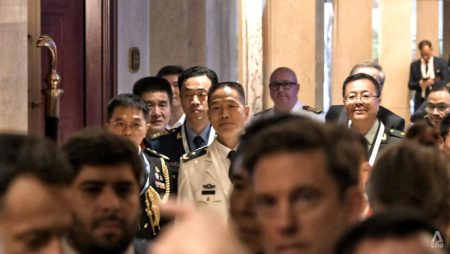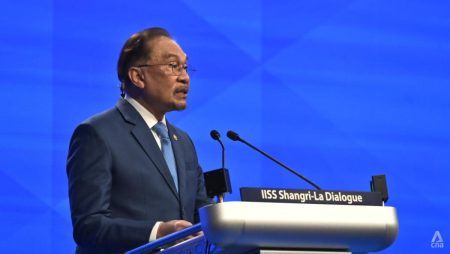The impeachment bid against Vice President Sara Duterte has emerged as a significant development in the ongoing power struggle among the Philippines’ highest political figures. This turmoil has its roots in the collapse of a powerful alliance among their families, which had previously facilitated Ferdinand Marcos Jr.’s remarkable electoral victory in 2022. The impeachment complaint, presented by a coalition of dissenting lawmakers, centers on allegations that Duterte violated the Philippine Constitution and failed to fulfill her duties adequately. Leila de Lima, a prominent spokesperson for the complainants and vocal critic of the anti-narcotics campaign launched under former President Rodrigo Duterte, described the impeachment push as a “moral crusade” aimed at restoring integrity and ethical standards within public service.
The accusations against Sara Duterte are serious, alleging both constitutional violations and acts of graft during her time as Vice President and previously as Secretary of Education. Specifically, the complaint highlights her refusal to participate in budget hearings, a decision viewed as a breach of the system designed to ensure governmental checks and balances. Additionally, the claims of gross incompetence and dereliction of duty suggest a pattern of neglect in fulfilling her responsibilities. This impeachment set in motion a series of debates that will test the resilience of political alliances and the integrity of governmental processes in a country still wrestling with the legacies of past regimes.
The political climate was further stirred by controversial remarks made by Sara Duterte, who allegedly suggested that she would contract a hitman to eliminate President Marcos, his wife, and House Speaker Martin Romualdez, should she become the target of an assassination attempt. While she later clarified that her statements were taken out of context, these comments have fueled speculation about the extent of tensions within the administration. The verbal skirmishes underline the fraught relationships among the leaders, showcasing a government fraught with underlying distrust and power struggles.
President Marcos has weighed in on the situation, expressing that any effort to impeach his Vice President would ultimately divert Congressional efforts from pressing issues facing the Filipino people. His remarks reflect a desire to maintain focus on governance, rather than allowing political infighting to hinder legislative progress. However, it remains to be seen how the political dynamics will play out, especially given that Congress is predominantly comprised of Marcos’ allies. This suggests that the impeachment initiative has the potential to gain traction in the lower chamber before proceeding to a trial in the Senate.
The impeachment proceedings encapsulate a broader narrative of political intrigue in the Philippines, one characterized by familial alliances, entrenched political factions, and a continuing legacy of authoritarian governance. As Duterte and Marcos each navigate their roles within this complex landscape, their actions will be scrutinized not just by their political opponents, but by a public weary of corruption and governance failures. This scenario highlights the fragile nature of political relationships in a system intimately linked with historical grievances and societal challenges.
Ultimately, the unfolding impeachment saga against Vice President Duterte serves as a barometer for the current political climate in the Philippines. With significant implications for governance, civil society, and public trust, this struggle reflects deep-rooted issues facing the nation. As lawmakers grapple with their responsibilities, the outcome of this initiative might redefine not only the trajectory of the Duterte administration but also the future of political engagement in the Philippines.


